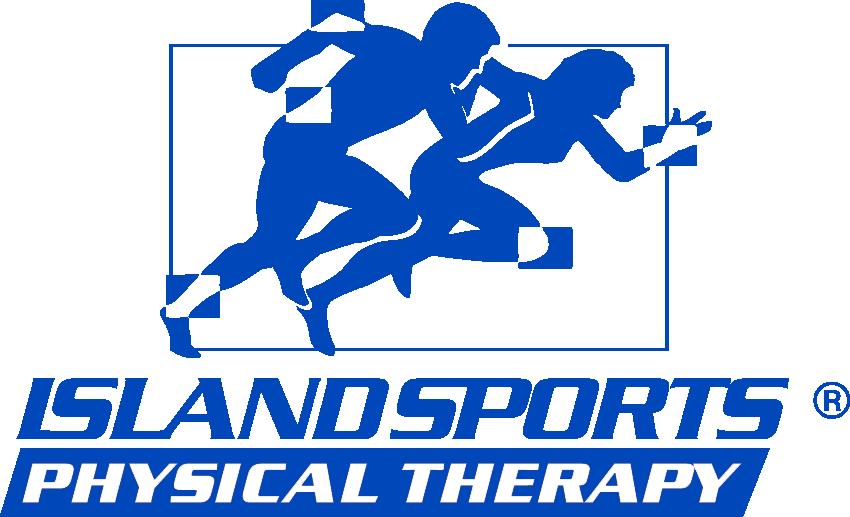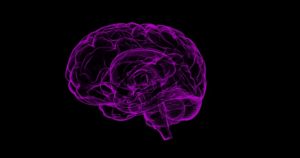Traumatic brain injuries are on the rise due to falls in older adults
Traumatic brain injuries are on the rise due to falls in older adults
Traumatic brain injuries occur when an injury to the head disrupts brain function. These injuries are often very serious and can result in extensive physical and cognitive damage. Traumatic brain injuries affect an estimated 1.7 million people in the US annually and can range from mild to severe in their effects on brain functioning. While these injuries occur in a variety of ways, reports of traumatic brain injuries are on the rise in older adults with falls being the leading cause. It is important for older adults to be aware of risk factors for falls, and to be able to recognize the symptoms of traumatic brain injury.
Of course, anyone can fall as a result of a typical accident, regardless of age. But often, older adults develop conditions that put them at a higher risk for falls, which can result in a traumatic brain injury. Some factors include foot, vision, or sensory problems. Blood pressure conditions, such as hypotension, can also cause dizziness and contribute to instability. Additionally, side effects from medication and age-related issues such as slowed reflexes, poor balance, or muscle weakness can increase your chance of falling. Because traumatic brain injuries are on the rise due to falls in older adults, it is key to be aware of these risks to successfully avoid such an injury.
Symptoms of traumatic brain injury can be physical and/or cognitive with varying levels of severity. In some cases, the associated complications may not occur immediately after the injury. Mild physical symptoms can include: changes in sleep pattern, fatigue, headache, nausea/vomiting, dizziness, sensory changes (taste, auditory, smell, etc.), confusion, and temporary unconsciousness- sometimes lasting up to several minutes. More severe physical symptoms can include persistent, worsening headache, numbness in fingers or toes, seizures, persistent vomiting/nausea, unconsciousness (lasting up to several hours), and pupil dilation. Mild cognitive symptoms include depression and/or anxiety, changes in mood, or concentration and memory problems, while more severe symptoms include slurred speech, strange behavior, and significant confusion.
Because traumatic brain injuries are on the rise due to falls in older adults, awareness of risk factors for falling, and acknowledgment of traumatic brain injury symptoms is crucial. If you have experienced a head injury as a result of a fall or other accident, the experts at Island Sports Physical Therapy in East Meadow can help you recover. Don’t put off something that may carry serious health consequences! Contact us today to receive the compassionate, quality care that you deserve.

